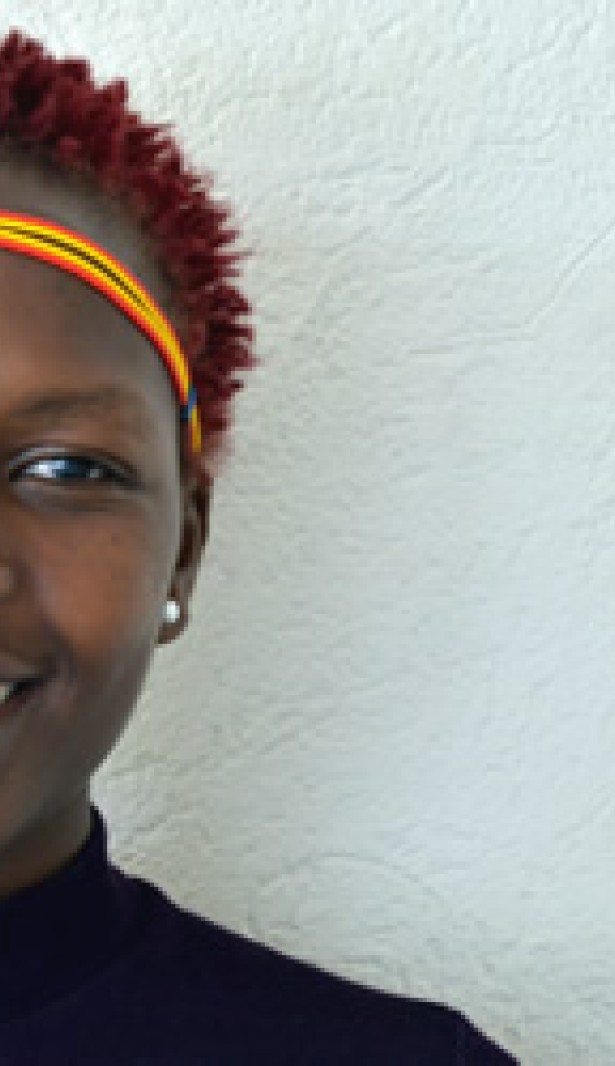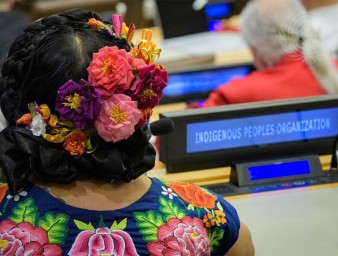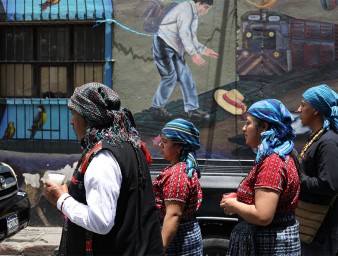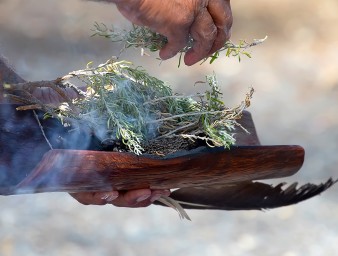Starting young to help her community
08 August 2016
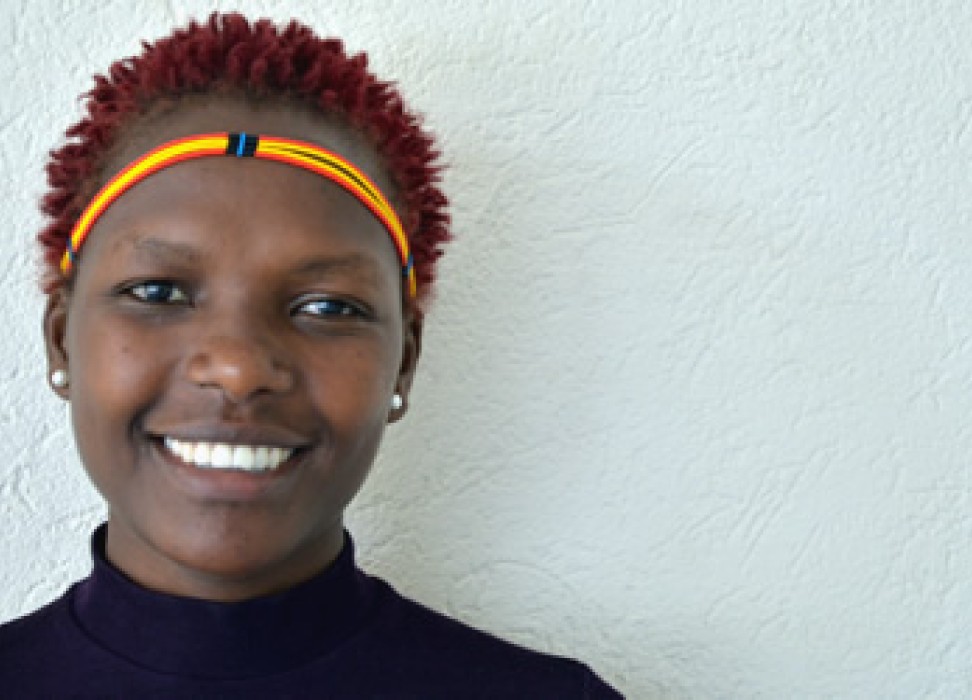
Milka Chepkorir Kuto knew from an early age that she wanted to be a human rights activist.
“We have been facing a lot of human rights violations, forceful evictions from our forest homes…and as a result we do not have a place where we can sit and say ‘This is our home,’” she said. “So I started being an activist by the time I was in high school.”
The 26-year-old indigenous human rights activist is a member of the Sengwer indigenous people, who occupy the Embobut and Kabolet Forest in Kenya’s Rift Valley (Cherang’any hills). Her activism has been focused on the rights of girls, then women and eventually all indigenous forest dwellers. Her devotion to the cause has also led her here, to the UN Human Rights Office as a participant in the 2016 Indigenous Fellowship Programme.
The Office launched the programme in 1997 to offer to participants the opportunity to learn more about the United Nations human rights machinery and how it can assist in the promotion and protection of the rights of indigenous peoples. When fellows return to their communities, they can use this knowledge to help them advance their human rights and those of their communities, said Estelle Salavin, who coordinates the Indigenous Fellowship programme.
“This is a unique setting where indigenous fellows from all over the world can share experiences, build alliances, and get inspired by one another,” she said. “One added value of this training programme is that it offers the possibility to obtain practical understanding on how things work by observing and directly participating in sessions of the human rights mechanisms. It also provides the fellows with the opportunity to network with representatives from the UN, its specialised agencies, Governments, and Geneva based human rights NGOs.”
Kuto said that the challenges the Sengwer are facing most acutely affect women. Evictions are characterized by the wholesale destruction of property by burning down homes. During evictions, the men would go into hiding, as eviction officials are likely to arrest them, she said. The women and children however, would remain while watching their homes and belongings turn into ashes.
“One woman told me how she could not forget seeing her house burning, with all she had in it,” Kuto said. “All she had left were the clothes she was in and her children.”
Being in Geneva has already borne fruit, Kuto said. During the Fellowship, she learned how to better advocate before and approach international financial institutions. In 2013, with the help of community elders, her organization, the Sengwer Indigenous Peoples Programme, filed a complaint at the World Bank inspection panel so the World Bank could review its policy in Kenya which, they say, has encouraged the government to illegally remove the Sengwer from their ancestral lands. “Here I have learned different ways to ensure more effective follow-up to the inspection panel report”. She immediately passed the information along to colleagues back in Kenya.
Although an important women and girls’ rights activist, before she received the training Kuto was unaware of the existence of the Convention on the Elimination of all Forms of Discrimination Against Women (CEDAW). Now, she knows that there are UN human rights treaties and mechanisms established to monitor implementation by States of their obligations and that there is also UN personnel and NGOs available to help her and her people pursue their human rights claims and enjoy the human rights to which they are entitled.
The difficulty, she said, is just where to start.
“I think I have too much information,” she said, laughing. “I feel confused, but positively confused. I have a lot of information and a lot of strength at hand to get started and working on immediately when I go home,” she said.
The story is one of a series to celebrate The International Day of the World’s Indigenous Peoples on 9 August 2016. This year the celebration is devoted to the right to education, which is protected by a number of international human rights instruments.
8 August 2016
